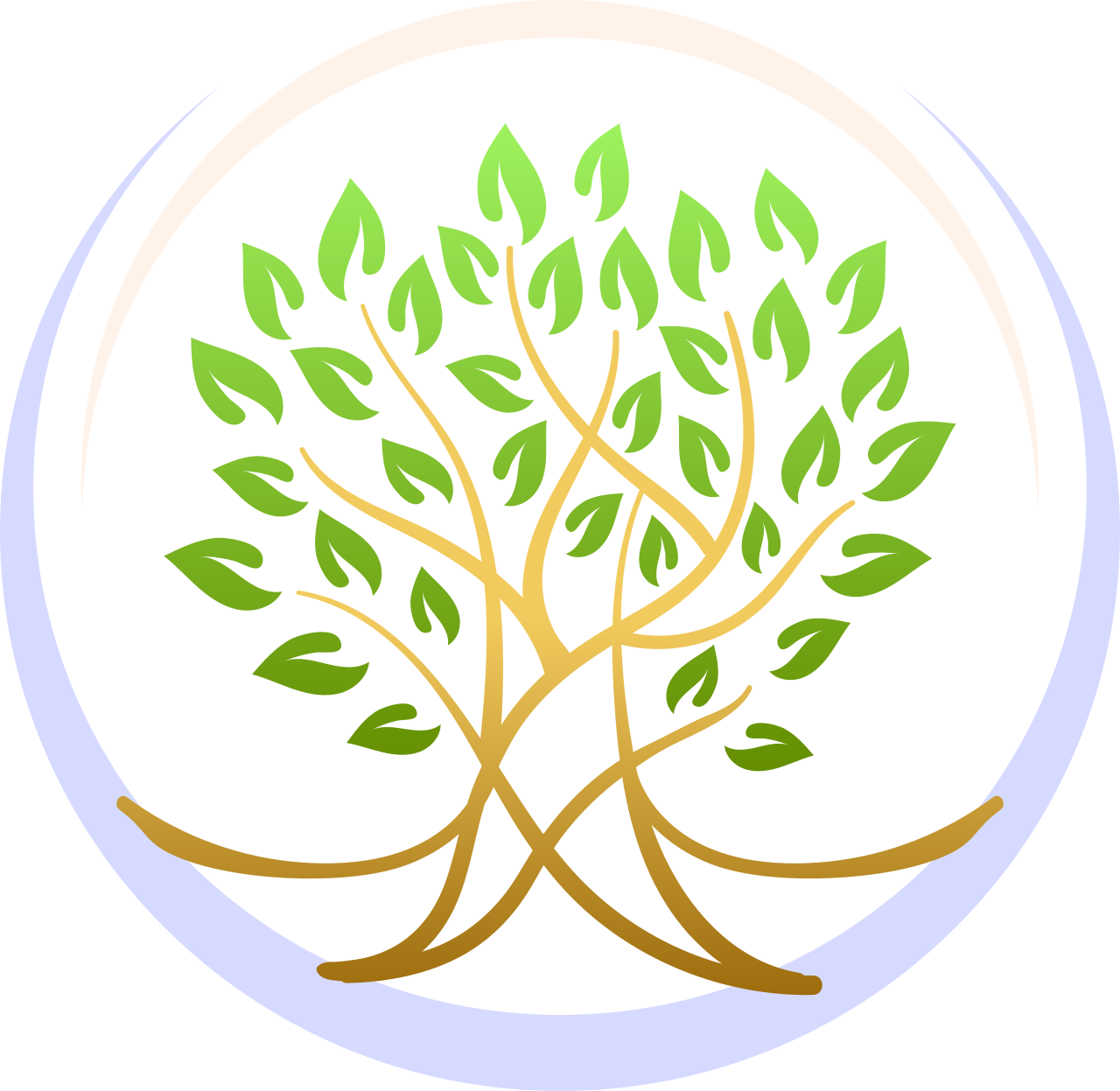Depression
Symptoms and treatment
Understanding Depression
Depression is a mental health condition that affects 21million people in United States (US). It’s more than a temporary feeling of being sad or having a rough day—it’s a persistent state of low mood, emptiness, or hopelessness that can disrupt daily life. Depression can impact relationships, work, and overall well-being, but it is important to know that it is treatable.
Therapy is one of the most effective ways to address depression. Through professional support, individuals can learn to nonjudgmentally understand their emotions, identify coping strategies, and develop a manageable plan to regain confidence and control of their life.
Recognizing the Signs of Depression
The symptoms of depression can vary widely, but common signs may include:
- Persistent sadness or feelings of hopelessness.
- Loss of interest in activities that once brought joy.
- Difficulty concentrating or making decisions.
- Changes in sleep patterns, such as insomnia or oversleeping.
- Fatigue or a lack of energy, even after rest.
- Recurrent thoughts of death, suicidal thoughts, suicide attempts.
For some, depression may also include physical symptoms like chronic aches or other emotional symptoms such as irritability or excessive guilt. In some cases, one may experience self-harm or suicide, which may require immediate attention from a professional.
The Causes of Depression
Depression can be influenced by a combination of factors, including:
- Biological: Changes in brain chemistry and hormones can affect mood regulation.
- Genetic: A family history of depression can increase susceptibility.
- Environmental: Stressful life events, trauma, or chronic illness can act as triggers.
Understanding the root causes of depression is a key step in finding the most effective treatment.
How Therapy Helps Treat Depression
Therapy is one of the most effective ways to treat depression. It provides a safe space to explore feelings, identify patterns, and learn healthier ways of thinking and coping. Some commonly used therapies include:
- Cognitive Behavioral Therapy (CBT): Focuses on identifying and changing negative thought patterns to improve mood and behavior.
- Interpersonal Therapy (IPT): Helps address relationship issues and improve communication, which can alleviate depression symptoms.
- Mindfulness-Based Therapies: Teach techniques to manage stress and stay present, reducing overwhelming feelings tied to depression.
- Dialectical Behavior Therapy (DBT): DBT teaches practical skills for regulating emotions, improving relationships, and tolerating distress in healthy ways. It combines mindfulness techniques with actionable tools to foster long-term emotional stability.
Therapy can be tailored to individual needs and works well on its own or in combination with other treatments, such as medication or lifestyle changes.
Other Ways to Support Recovery
In addition to therapy, incorporating positive habits can support the recovery process:
- Regular physical activity to boost mood and energy.
- A balanced diet to nourish the body and mind.
- Adequate sleep to promote emotional stability.
- Building strong social connections to reduce isolation and foster support.
These practices, combined with therapy, can help individuals manage depression more effectively and improve their quality of life.
Take the First Step Toward Healing
Depression can feel overwhelming, but it’s important to remember that it is treatable. Therapy offers powerful tools to understand, overcome, or manage depression. Therapy could help individuals rebuild confidence, find joy, and lead fulfilling lives. If you or a loved one is experiencing symptoms of depression, support through therapy could be a starting point for recovery.
Getting Started is Easy
Book Appointment
Schedule a meeting with William during a time that works best for you.
Free 15 Min Chat
Discuss your unique situation as William assesses the best strategy for your path forward.
1st Session!
Begin your journey down the path of happiness and healthy living.
Get In Touch
Book an appointment below.
For emergencies, call 911 or visit your nearest hospital.
